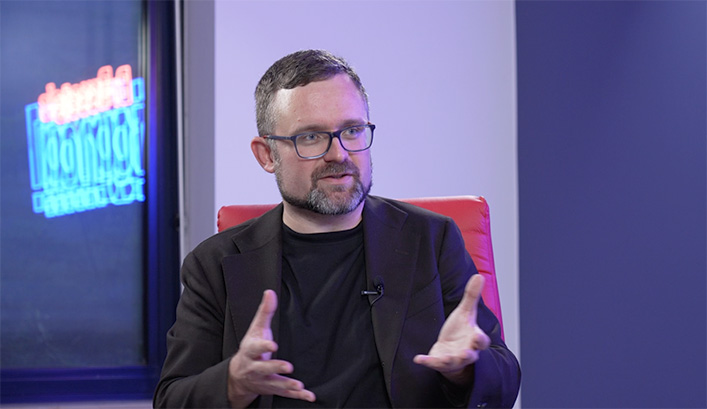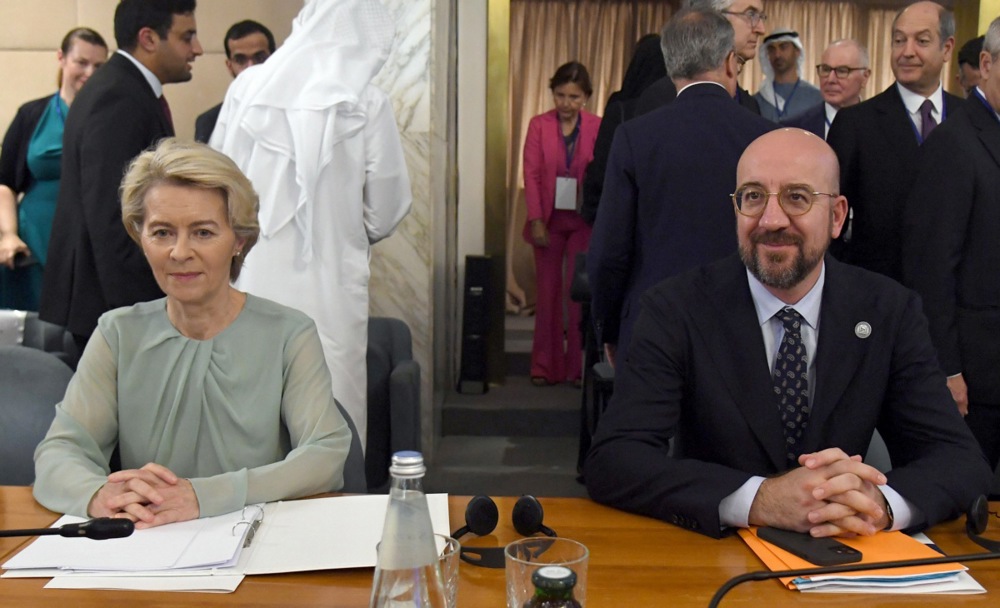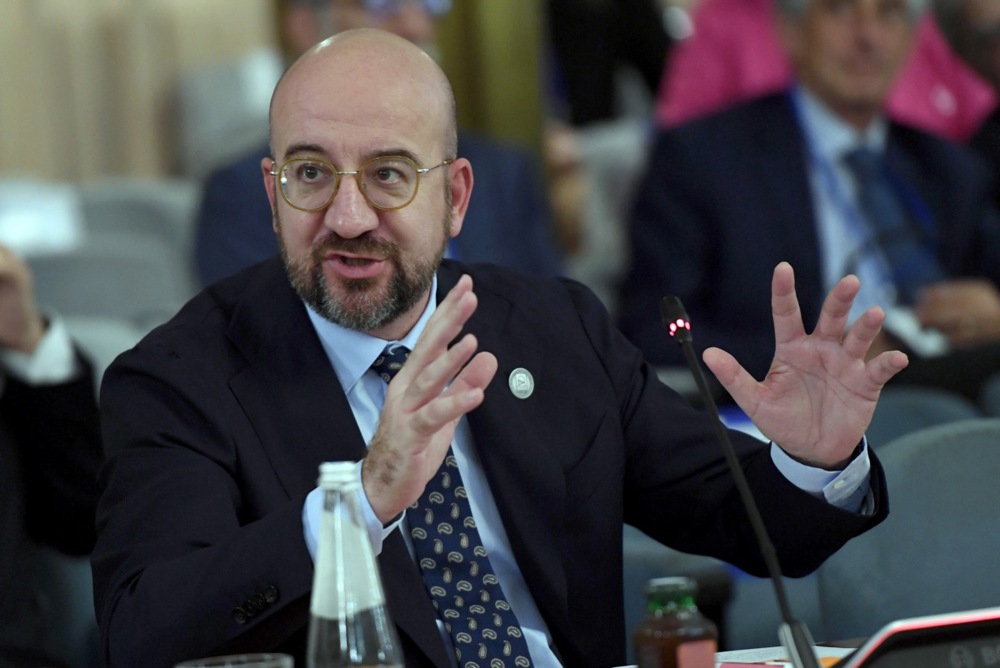Jacques Delors, former European Commissioner, French politician and “architect of the modern European Union”, passed away in his sleep on December 27, 2023 at home in Paris.
Born in the French capital in 1925 to parents who had moved to the city from rural Southern France, Delors became one of the most important figures in the EU’s development and must be ranked alongside the earlier founders Robert Schuman and Alcide de Gasperi.
His early life was shaped by a mix of Catholicism and a commitment to social justice. Graduating with honours from the Lycée Voltaire in Paris, Delors earned a degree from the Faculty of Law in Paris in 1950, embarking on a career that would significantly influence the European economic landscape.
His engagement in the labour movement began with his affiliation to the Confédération française des travailleurs chrétiens (CFTC), a Christian workers’ union. A proponent of Socialist ideas within the syndicate, Delors played a pivotal role in its transformation into what became the Confédération française démocratique du travail (CFDT).
His early writings under the pseudonym Roger Jacques reflected a commitment to Socialist and Democratic ideals, earning him recognition as an economic expert within the CFTC.
After working for the then-French government and Central Bank from 1962 onwards, Delors transitioned to mainstream politics. He joined the Socialist Party and, in 1981, assumed the role of minister of economy, finance and budget in Pierre Mauroy’s government.
His tenure saw a blend of progressive policies and economic rigour, navigating challenges such as nationalisations, currency devaluations and improvements in financial efficiency.
Delors’ commitment to European integration led to his presidency of the EC from 1985 to 1995.
As the head of the EC, Delors championed the idea of a unified Europe. His leadership saw the end of the Cold War, when Western Europe had to navigate the collapse of the Soviet Union and the Eastern bloc.
It was under Delors that the previous European Economic Community was transformed into the European Union by the 1993 Maastricht Treaty.
Among his initiatives were the Schengen Agreement, the enlargement of the European Community, the Single European Act and the creation of the Erasmus programme.
1988 would see Delors clash with then-British prime minister Margaret Thatcher. On September 8, he gave a speech to the British Trade Union Congress, calling on them to support the EC’s attempts to empower trade unions. Delors argued that the Labour movement could see many of its desired aims achieved, and Thatcher’s reforms reversed, via the European project.
While many remember Thatcher’s response in Bruges, where she warned of an increasing federalisation of Europe, in the UK Delors’ speech was instrumental in converting the Labour Party to a pro-EU stance. Labour had supported withdrawal from the EEC in its 1983 manifesto and Eurosceptic elements had remained dominant in the party till then.
Delors’ later years were characterised by his commitment to educational initiatives, including chairing the international commission on education for the 21st Century at UNESCO. He continued to influence European discourse, supporting initiatives such as the States-General of Europe.
Delors’ legacy is profound – the argument is still ongoing over whether or not his push for a more federal Europe was, and still is, the correct course of action.
There is no question that his EC presidency saw one of history’s most significant pushes for the centralisation of an entire continent. And it can be better understood as it came during the fall of the Berlin Wall, when a new world seemed entirely possible.
Love or loathe the man and the post-Maastricht Europe he created, it remains to be seen if any future EC presidents will match his calibre and long-term impact.






